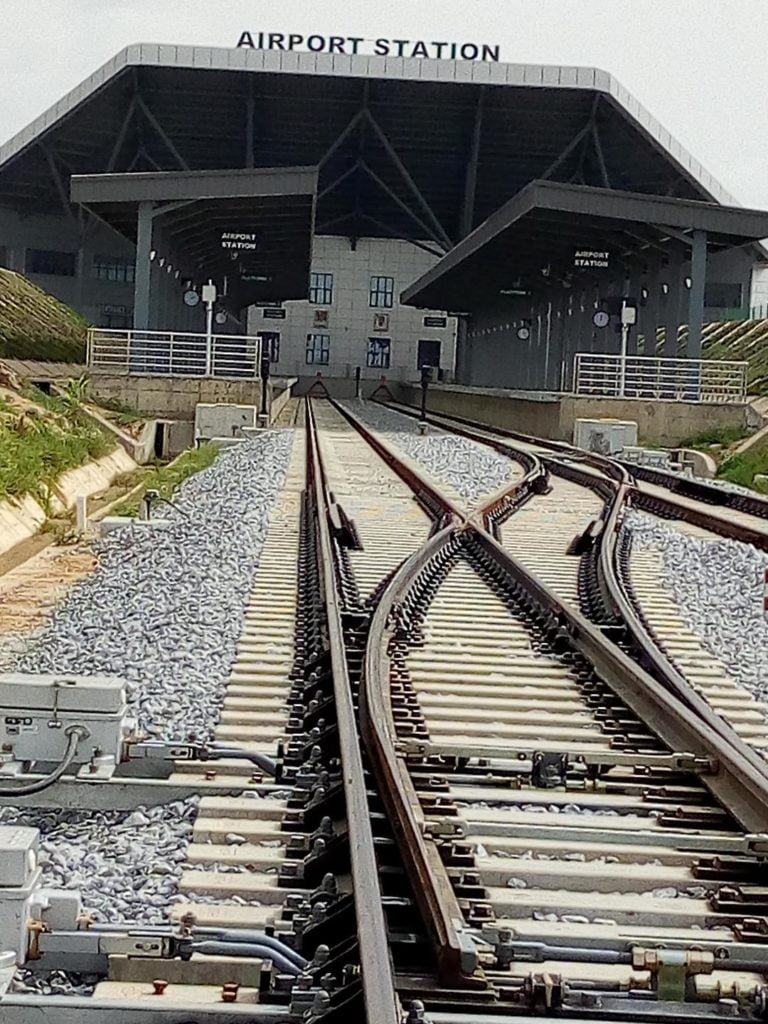A New Era Of Urban Transit
The Abuja Metro is set to revolutionize transportation in Nigeria's capital city, providing a modern and efficient means of commuting for residents and visitors alike. With its inception, the Abuja Metro aims to alleviate traffic congestion, reduce travel time, and promote the use of public transport. This ambitious project showcases Nigeria's commitment to improving urban infrastructure and enhancing the overall quality of life for its citizens.
The metro system will not only serve as a vital transit option but also as a catalyst for economic growth. By connecting various districts and neighborhoods, the Abuja Metro is expected to encourage trade, tourism, and investment opportunities throughout the region. As the metro lines are constructed and operationalized, the daily lives of Abuja residents will be transformed, making travel easier and more accessible than ever before.
With an extensive network planned, the Abuja Metro seeks to integrate seamlessly with existing transportation systems, such as buses and taxis. This connectivity will provide a comprehensive public transit solution, ensuring that all citizens can access essential services and amenities. The future of Abuja's urban landscape looks promising, and the metro system is at the forefront of this exciting change.
What Are the Key Features of the Abuja Metro?
The Abuja Metro is designed with a variety of features that prioritize user experience and efficiency. Some of the key highlights include:
- High-speed trains for faster travel times.
- State-of-the-art stations equipped with modern amenities.
- Accessibility options for individuals with disabilities.
- Real-time tracking and information systems for passengers.
How Will the Abuja Metro Impact Daily Commuters?
The introduction of the Abuja Metro will significantly affect daily commuters, offering a range of benefits:
- Reduction in travel time, allowing commuters to spend more time on personal activities.
- Cost-effective fares compared to other modes of transport.
- Less dependence on personal vehicles, leading to reduced traffic congestion.
- Improved air quality due to decreased emissions from cars.
What Routes Will the Abuja Metro Cover?
The Abuja Metro is designed to serve key areas within the city, ensuring that residents have access to vital locations. The planned routes include:
- Route 1: From the Central Business District to the Airport.
- Route 2: Connecting residential areas to commercial hubs.
- Route 3: Linking educational institutions with residential neighborhoods.
- Route 4: Facilitating access to government offices and services.
Who Are the Key Stakeholders in the Abuja Metro Project?
Several stakeholders play significant roles in the development and successful implementation of the Abuja Metro:
- The Federal Government of Nigeria: Providing funding and policy support.
- Local Government Authorities: Ensuring integration with existing transport systems.
- Private Investors: Contributing to financing and construction efforts.
- International Organizations: Offering technical expertise and guidance.
What Challenges Does the Abuja Metro Face?
While the Abuja Metro promises to bring numerous benefits, several challenges must be addressed:
- Funding constraints that may delay construction timelines.
- Land acquisition issues that could hinder progress.
- Ensuring safety and security for passengers.
- Building public awareness and encouraging metro usage.
When Will the Abuja Metro Become Operational?
The timeline for the Abuja Metro's completion has undergone various revisions due to challenges and delays. However, officials are optimistic about launching the first phase within the next few years. The phased approach will allow for gradual integration into the city's transport network, with continued expansions planned thereafter.
Why Is the Abuja Metro Important for Nigeria's Future?
The Abuja Metro represents more than just a transportation system; it is a symbol of progress and modernization. By investing in public infrastructure, Nigeria is taking crucial steps toward sustainable urban development. The benefits of the metro system extend beyond transportation; it fosters economic growth, enhances urban living, and promotes environmental sustainability.
Conclusion: Embracing the Future with Abuja Metro
The Abuja Metro is poised to transform the city's landscape and offer residents a reliable, efficient means of transportation. As the project advances, it will pave the way for a more connected and vibrant Abuja. Embracing the metro system means embracing a future where urban transport is streamlined, sustainable, and accessible to all citizens.
Laughing Through The Workday: The Best Office One Liner Jokes
Embracing Elegance: Pixie Haircuts For Older Women With Fine Hair
Unraveling The Mysteries Of The Diablo 4 Bear Tribe



ncG1vNJzZmivp6x7s7vCpJmroZScsqO%2B1KKlrGafp7RwuMivnJ6ulaPBp7vCrqpomZKqt6J5zJ6rq6dencGuuA%3D%3D
